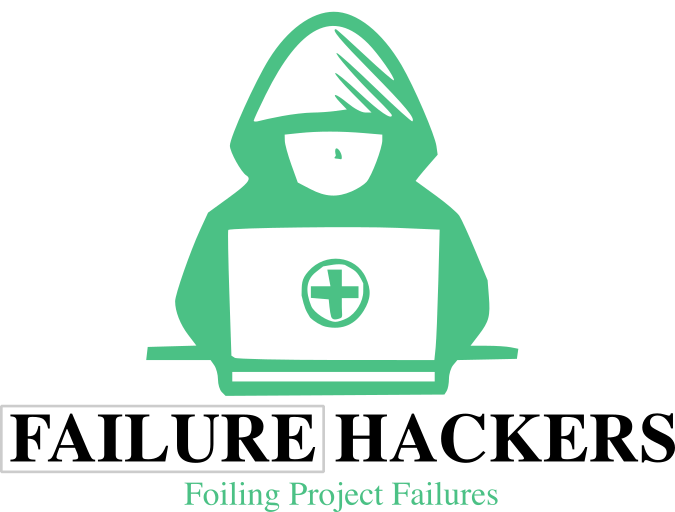The Inevitability of Project Failures
In both our personal and professional lives, facing project failures is an inevitable reality. However, it’s not the failure itself, but how we respond to it that truly shapes our journey. The cornerstone of this response is robust problem-solving skills. This article delves into why and how honing these skills can turn potential disasters into stepping stones for success.
Understanding Project Failures
More than just a setback, Project failures, whether in a corporate setting or in personal endeavours, are often misconstrued as mere setbacks. However, they offer invaluable lessons and insights. By understanding the root causes of these failures, we can develop strategies to prevent future occurrences. This process itself is a critical problem-solving exercise, enhancing our ability to anticipate and navigate challenges.
The Role of Problem-Solving Skills in Professional Growth
In the professional world, problem-solving skills are a prized asset. They empower individuals to handle complex projects, manage team dynamics, and devise innovative solutions under pressure. Employers highly value these skills as they directly contribute to organisational resilience and adaptability in a rapidly changing business landscape.
Problem-Solving in Personal Life: A Key to Resilience
Just as in the workplace, problem-solving skills are vital in our personal lives. They enable us to manage daily challenges, from financial planning to relationship management. These skills help in creating a balanced approach to tackling life’s unexpected hurdles, leading to better decision-making and stress management.
Strategies for Enhancing Problem-Solving Skills
Strategies for Enhancing Problem-Solving Skills
1. Embrace Continuous Learning: Stay curious and open to new knowledge. Diverse learning experiences can provide unique perspectives essential for creative problem-solving.
2. Practice Critical Thinking: Regularly challenge your assumptions and consider multiple viewpoints. This habit fosters deeper understanding and innovative solutions.
3. Develop Emotional Intelligence: Understanding your emotions and those of others can significantly improve your problem-solving efficiency, especially in team settings.
4. Seek Feedback and Collaborate: Collaboration introduces varied viewpoints, and feedback can provide insights into areas for improvement.Turning Failures into Opportunities for Growth
Every project failure holds a lesson. By dissecting what went wrong and exploring how different approaches could have altered the outcome, we turn these experiences into opportunities for personal and professional growth.
Conclusion
Embracing Problem-Solving as a way of life, Problem-solving is more than a skill – it’s a mindset. By cultivating this mindset, we can transform how we approach challenges, turning potential failures into successes. Whether in our careers or personal lives, the ability to effectively solve problems not only leads to better outcomes but also fosters resilience, innovation, and growth.
Remember, the path to success is paved with the stones of past failures, reshaped by our problem-solving skills.

